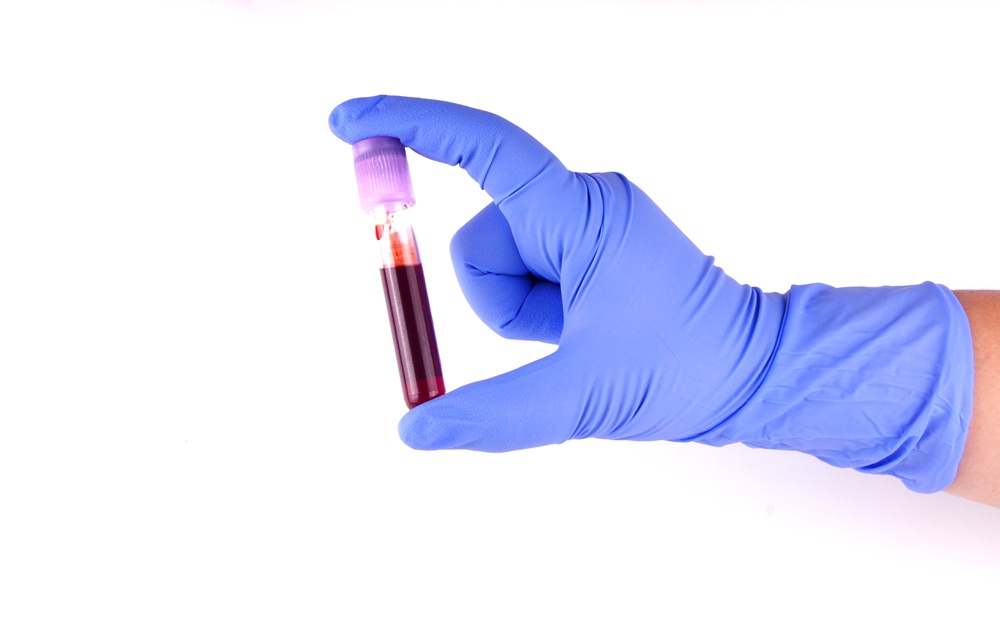Experts weigh targeted prostate cancer screening to cut UK deaths

Prostate cancer screening could reduce deaths by 13 per cent, research has revealed, prompting UK experts to assess whether to introduce a national screening programme.
Cancer screening specialists are reviewing the evidence, with a decision expected before the end of the year on whether routine prostate testing should be introduced across the UK.
A new study suggests a “targeted” screening approach could reduce deaths while limiting harm from overdiagnosis – when cancers are detected that would not have caused problems if left untreated.
Researchers examined data from more than 162,000 men across eight European countries over 23 years, with 72,000 invited for screening.
They found one prostate cancer death was prevented for every 456 men invited for screening and one death avoided for every 12 men diagnosed with the disease.
Experts said the results are “comparable to those seen with breast or bowel cancer screening.”
The authors said screening has a “more favourable harm-to-benefit profile than previously estimated” but cautioned that potential harms “remain a critical concern.”
These include unnecessary testing, invasive biopsies, overdiagnosis and overtreatment.
“These findings highlight the need for a more targeted strategy for prostate cancer screening that focuses on identifying population subgroups that are most likely to benefit from early detection while reducing unnecessary interventions for those at higher risk of overdiagnosis,” the researchers said.
The prostate-specific antigen (PSA) test — a blood test used to detect possible prostate conditions such as cancer or enlargement — is not routinely offered on the NHS, though men may be offered it if a GP suspects prostate cancer.
Men over 50 can ask their GP for a PSA test even without symptoms.
Officials have faced growing calls for a national screening programme and are weighing up the benefits and risks outlined in the study.
Last week, the National Institute for Health and Care Excellence (Nice) approved a new treatment for men with prostate cancer that has spread to other parts of the body, known as metastatic cancer.
Nice initially rejected abiraterone, saying it did not represent value for money for the NHS.
However, it has now agreed the drug — and its lower-cost generic versions — can be used alongside other treatments for newly diagnosed men with “high-risk hormone-sensitive” metastatic prostate cancer.
Nice said it reversed its 2021 decision because of the availability of generic versions of the drug. Around 4,000 men are expected to benefit from the additional treatment option each year.







